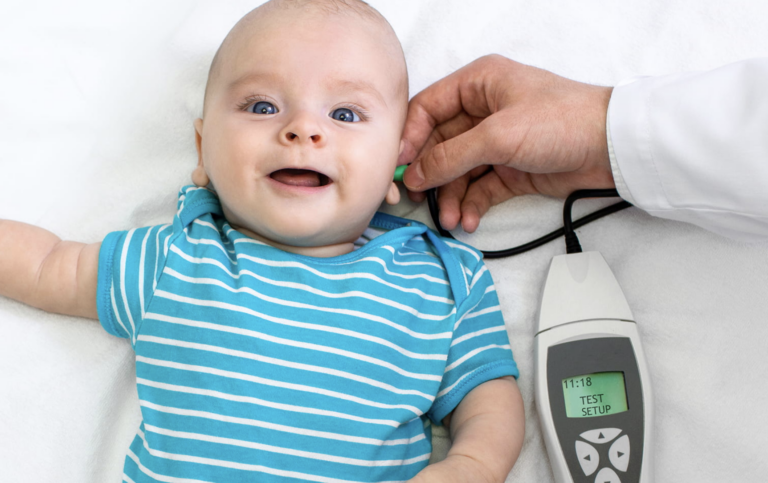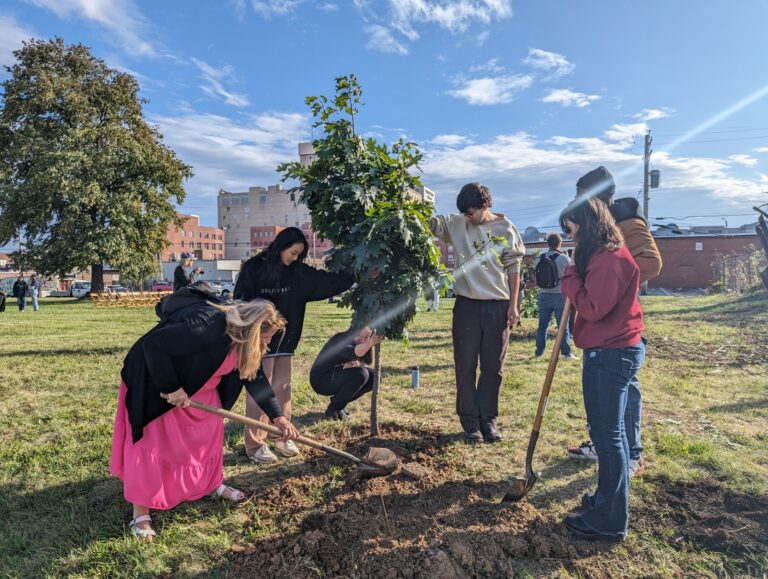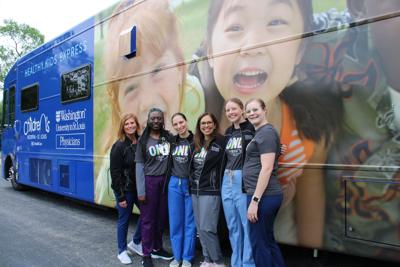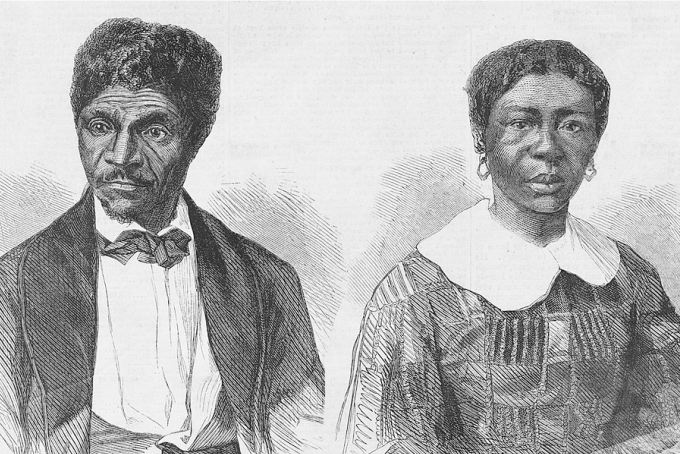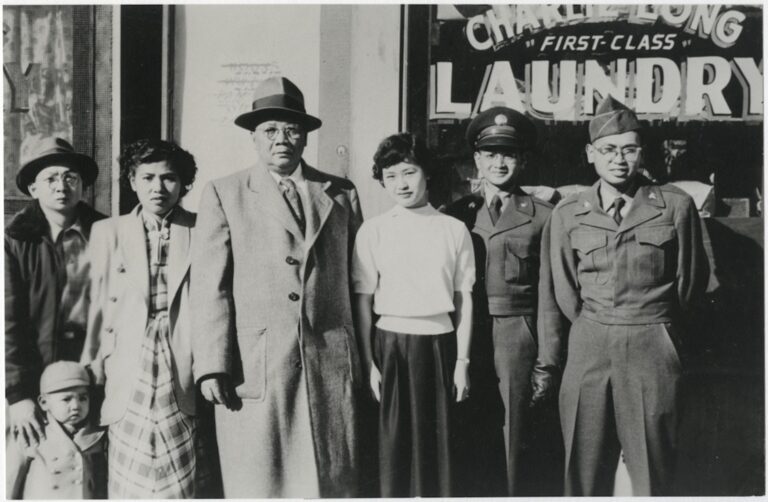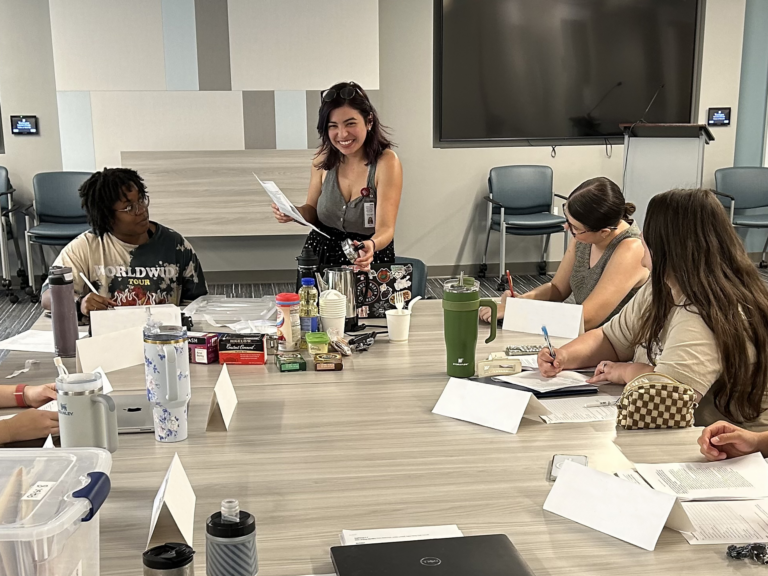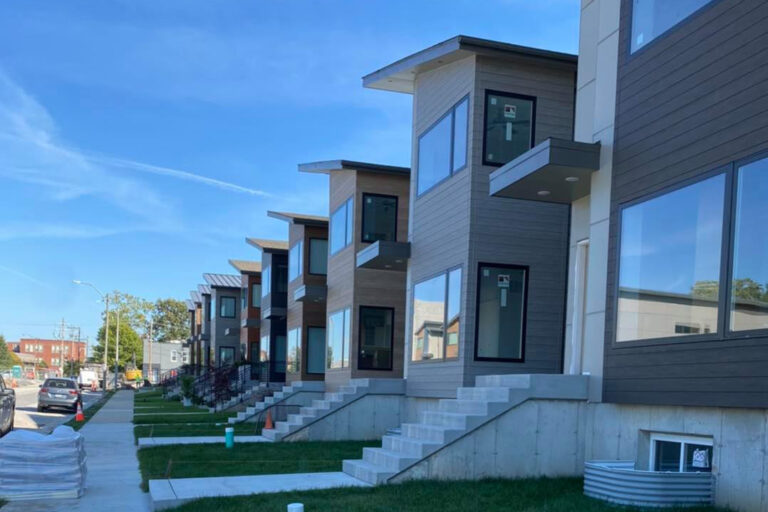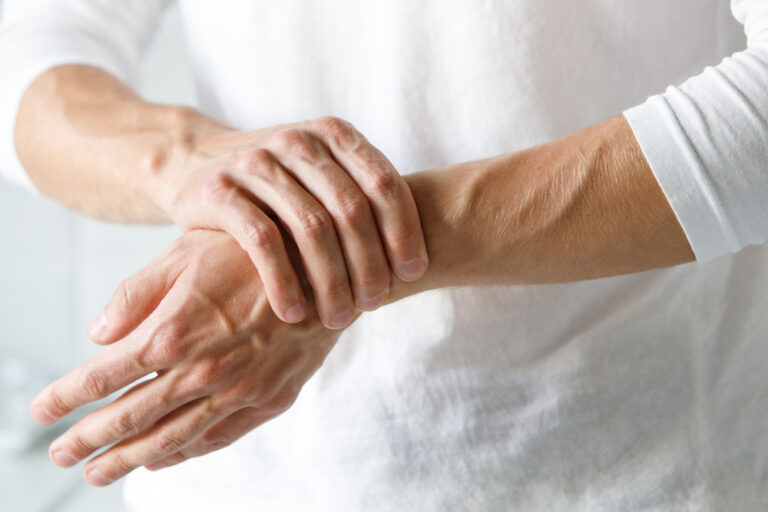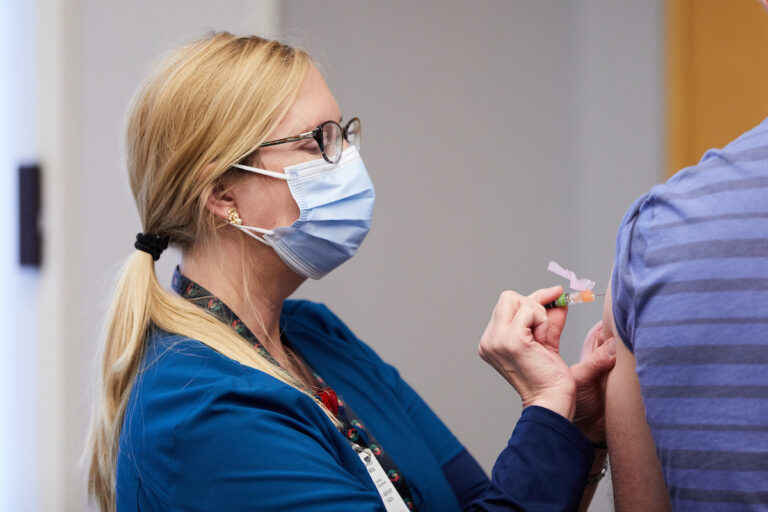Early Hearing Detection and Intervention Data
Developed by experts at the Brown School of Social Work, this website facilitates access to curated multi-year Centers for Disease Control and Prevention (CDC) EHDI data–with data analysis to support research and benchmarking at the state and national levels–for Early Hearing Detection and Intervention (EHDI) professionals.
Architecture for Non-Architects
“Architecture for Non-Architects” is designed for WashU undergraduates who are not enrolled in a traditional architecture studio. The course introduces students to the processes architects use to think about, view, and produce the built environment.
Healthy Kids Express – Diabetes Program
The Healthy Kids Express– Diabetes Program brings a team of diabetes experts including those from Children’s Hospital and Washington University Physicians to underserved area schools.
Science Media Fellowship
The Science Media Fellowship program at WashU Medicine’s McDonnell Genome Institute supports local high school students interested in science, journalism, public policy, and more. Additionally, the program shares with students how stories told about science influence public perception and public policy.
WashU & Slavery Project
Washington University Libraries created exhibits in conjunction with a series of related events focusing on the history of slavery and the stories of enslaved individuals in St. Louis. The Slavery in St. Louis exhibition and the Archives of Resistance Event Series highlight primary source documents from the Julian Edison Department of Special Collections at University Libraries. A related display of Black Numismatics will be on display in the exhibition Coins Across Time: Ancient to American Numismatics. The exhibit and events arise from the WashU & Saver Project’s efforts to examine and address WashU’s historical entanglements with slavery, which include foundational research with contextualization of relevant collections in the library archives.
Asia in St. Louis
Revisit and reconstruct the history of Asian Americans in St. Louis utilizing an intuitive digital humanities tool, ArcGIS StoryMap. The story map, called Asia in Saint Louis, comprises images, interactive maps, narratives, and interview videos, and is conceptualized and structured around the four themes/sections: Historical traces, early Chinese Americans, early Japanese Americans, and Asian American civil rights. The story map will use primary sources from four local historical societies and archives: Washington University Libraries Special Collections, Missouri Historical Society, State Historical Society of Missouri-Saint Louis, and National Archives in Kansas City.
Community Experiential Learning Center
Each semester, the Washington University Student Occupational Therapy Association has been able to improve the lives of many individuals in the St. Louis community. These projects include exploring areas of occupational therapy practice and volunteering within the community. Projects range from Accessibility of Schools in St. Louis, assessment of two school environments in St. Louis, to the Parkinson Disease Caregiver Education Series, a project where faculty and students develop curriculum of two classes to support the knowledge, skills, and emotional health of Parkinson patients’ caregivers.
Washington University Medical Center Redevelopment Corporation
The Redevelopment Center at WashU Medicine has helped provide human and social services, diverse housing options, and residential life and safety to surrounding neighborhoods. This is done through initiatives and outreach programs that caters to those communities.
Eastern Missouri Regional Arthritis Center
The Missouri Arthritis and Osteoporosis Program (MAOP) works to improve the health and quality of life of adults with arthritis through uplifting and supporting evidence-based lifestyle management. WashU serves as one of seven Regional Arthritis Centers in Missouri and the only one in the St. Louis area.
Center for Community Health Partnership and Research (CCHPR)
The Center for Community Health Partnership & Research (CCHPR) reduces disparities and improves health and wellness in the region as it fosters meaningful engagement between communities and researchers.
